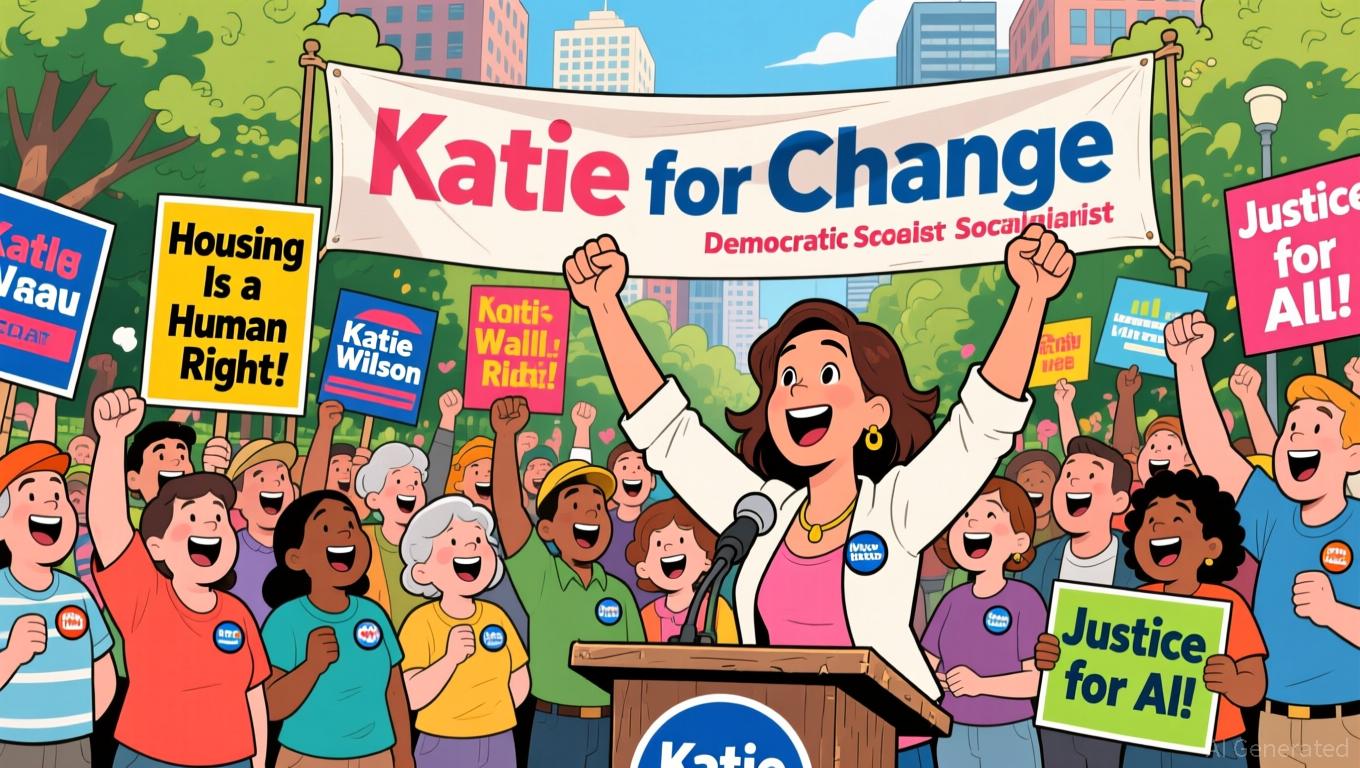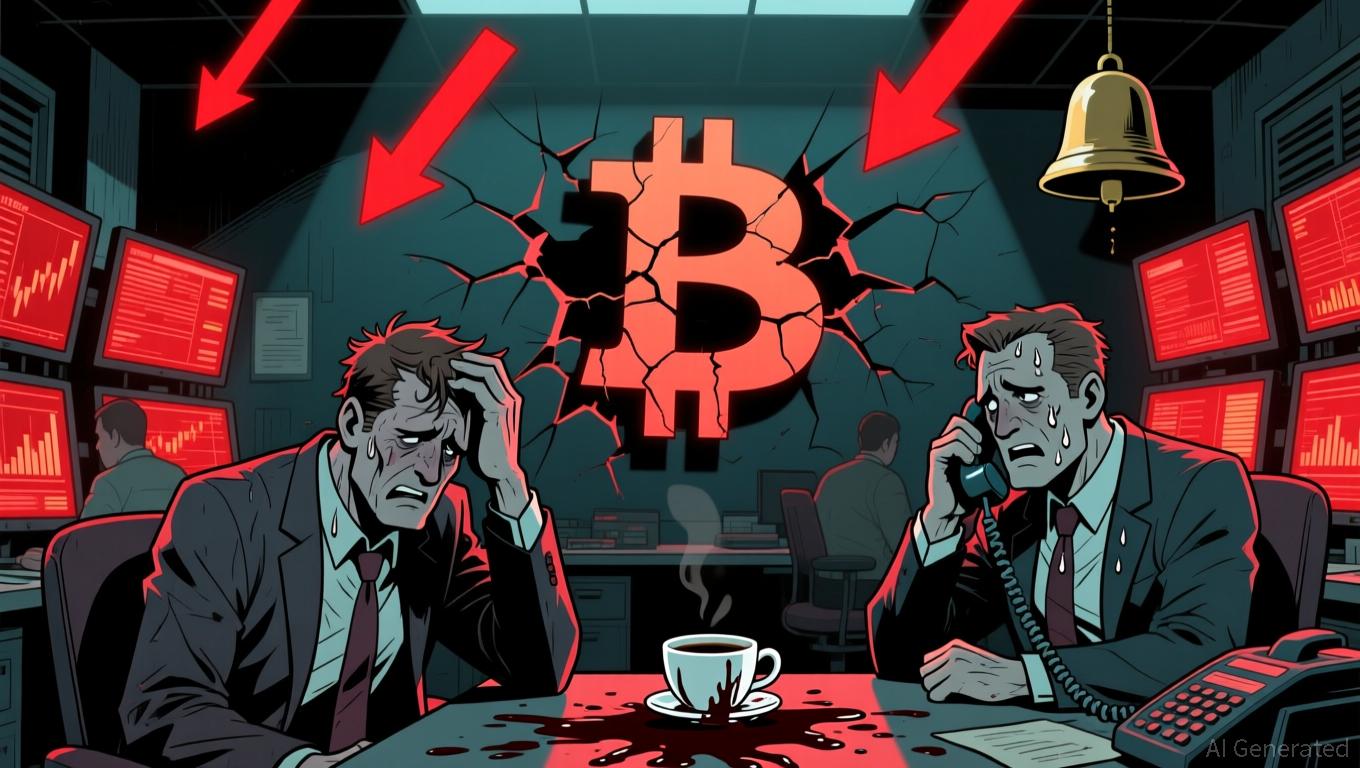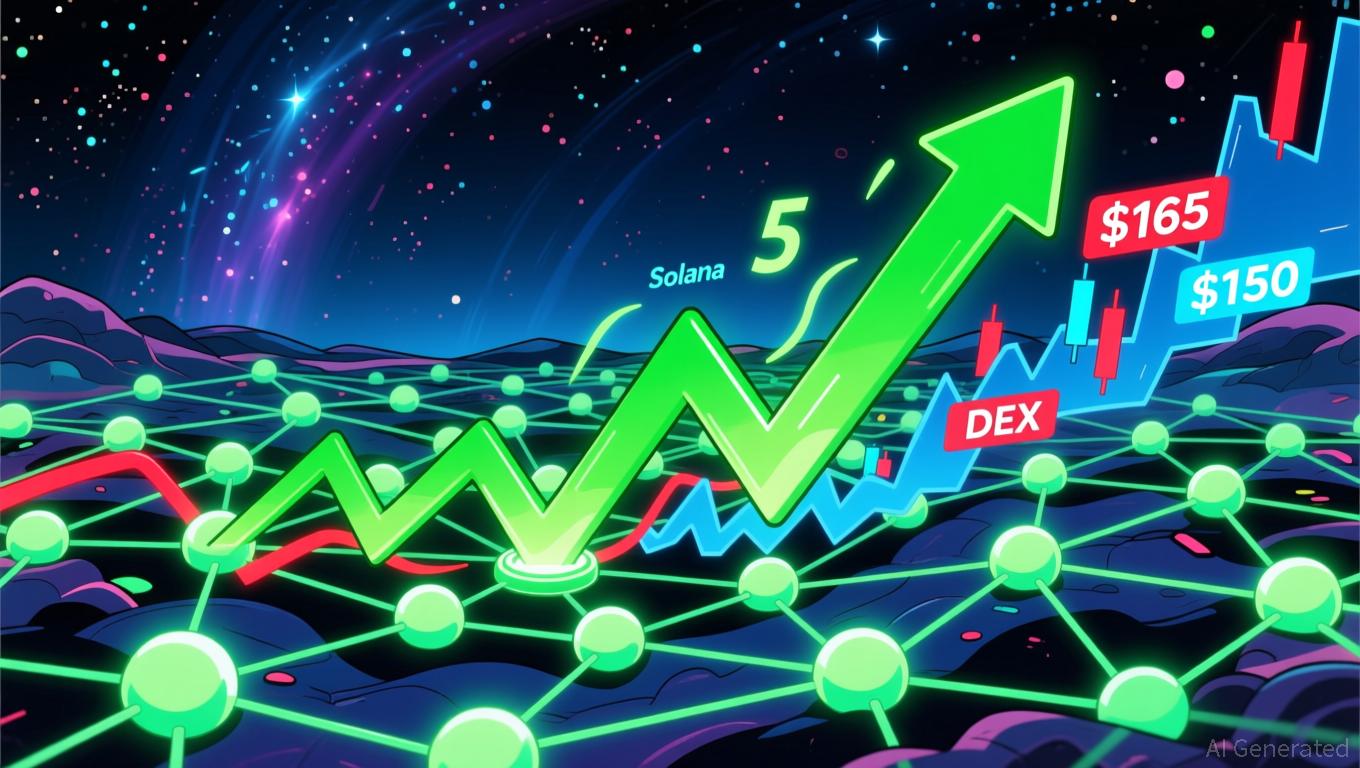Six-figure salaries now required to afford a typical home as millennials continue renting in 47 out of 50 major U.S. metro regions
- U.S. housing affordability crisis locks out Gen Z/millennials as Baby Boomers dominate purchases, with first-time buyer share hitting 21% in 2025. - Median income required to buy a home exceeds $112,000 nationally, 30% above actual household earnings, forcing younger buyers to rent despite rising costs. - 46% of 2024 home purchases made by those aged 60+, highlighting intergenerational imbalance as home prices surged 53% since 2020. - Political debates frame affordability as partisan issue, with Trump li
The U.S. housing market is grappling with a severe affordability crisis, as younger people find it harder than ever to buy homes while Baby Boomers continue to dominate the market. According to the National Association of Realtors (NAR), only 21% of home purchases in 2025 were made by first-time buyers—a historic low—while the typical age for first-time buyers has climbed to a record 40. NAR Deputy Chief Economist Jessica Lautz describes the market as "desperately lacking affordable options," with high mortgage rates and escalating home prices forming major obstacles for millennials and Gen Z.
The gap in affordability has grown so wide that in 47 of the 50 largest U.S. metro areas, a six-figure salary is now necessary to buy a median-priced home. In places like Los Angeles and San Jose, buyers need to earn more than $270,000 and $323,000, respectively—figures that far exceed the local average incomes. Redfin reports that the national income needed to afford a typical home is $112,000, which is over 30% higher than the median U.S. household income. This disparity is forcing more young adults to rent, even as rental prices have also climbed due to inflation.

The relationship between renting and owning has changed significantly. Between 2020 and 2025, home prices in the U.S. jumped 53%, even though mortgage rates stayed between 6% and 7%, shutting out many potential buyers. Renting is still generally less expensive than owning—Newmark data shows renters pay about $1,200 less per month—but the wealth-building advantages of homeownership, like building equity, are slipping away from younger generations. Jim Reid of Deutsche Bank pointed out that in 2024, people aged 60 and above accounted for 46% of home purchases, highlighting the growing generational divide.
The issue has become politicized, with President Donald Trump casting affordability as a partisan concern. In a post on Truth Social, he urged, "If affordability is your issue, VOTE REPUBLICAN!" and connected lower energy prices to overall economic relief. His argument is that cheaper fuel helps families manage their budgets, which could improve affordability—a claim supported by recent drops in national gas prices below $3 per gallon. Still, critics maintain that solving the housing crisis will require more targeted policies than just lowering energy costs.
The outlook remains unclear. Some experts, like Jim Reid, believe that younger generations may eventually inherit homes from older owners, but when and how this will happen is uncertain. With wages failing to keep up with rising prices and mortgage rates staying high, homeownership is becoming an increasingly distant goal for many Americans.
Disclaimer: The content of this article solely reflects the author's opinion and does not represent the platform in any capacity. This article is not intended to serve as a reference for making investment decisions.
You may also like
Progressive Shakeup in Seattle Indicates Nationwide Shift Driven by Calls for Greater Affordability
- Seattle progressive Katie Wilson defeated Mayor Bruce Harrell in a historic upset, reflecting national trends demanding affordability and systemic change. - Wilson's platform focused on capital gains taxes for housing funds and renter protections, contrasting Harrell's law-and-order approach amid rising costs and homelessness. - The win signals urban Democratic realignment, with progressive policies challenging traditional centrism as Trump-era policies galvanized left-leaning voters nationwide. - Harrel

Bitcoin Updates: Major Institutions Accumulate Bitcoin Amid Market Reaching "Extreme Fear" Levels
- Bitcoin's Fear & Greed Index plummeted to 15, signaling extreme fear as prices trigger panic-driven selling across crypto markets. - Institutional buyers like American Bitcoin Corp. added 3,000 BTC in Q3, boosting holdings to 3,418 BTC amid bearish conditions. - Analysts note historical correlations between extreme fear and market bottoms, though timing remains uncertain amid regulatory and macroeconomic challenges. - Market remains divided between retail panic and institutional buying, with some viewing

Ethereum Updates: Trust Through Verification—How ZKP Shapes a Trustless Future for Cryptocurrency
- Vitalik Buterin co-authored the Trustless Manifesto, redefining Ethereum's success by prioritizing "trust reduced per transaction" over transaction speed. - The manifesto challenges Ethereum's shift toward centralized models, emphasizing self-sovereignty and open protocols over convenience-driven UX. - ZKP blockchain embodies these principles through verifiability, using Zero-Knowledge Proofs to enable privacy and institutional-grade security without centralized control. - ZKP's code-first approach, incl

TRX News Today: Crypto's Rift: Solana's Reliability Compared to BullZilla's 100x Risk
- Crypto market shows divergence: Solana (SOL) leads DeFi with $5B+ DEX volumes, while BullZilla ($BZIL) emerges as a 100x presale contender. - TRX Gold Corp (TRX:CA) faces 22.86% monthly decline despite 69% 3-month gain, with analysts projecting 93.55% upside potential. - BNB and TRX show contrasting trends: BNB drops 2.63% amid liquidations, while TRX gains 0.90% with $760M trading volume. - BullZilla's $1M+ Stage 10 presale offers 1,986% potential return if listed at $0.00527, leveraging deflationary bu
